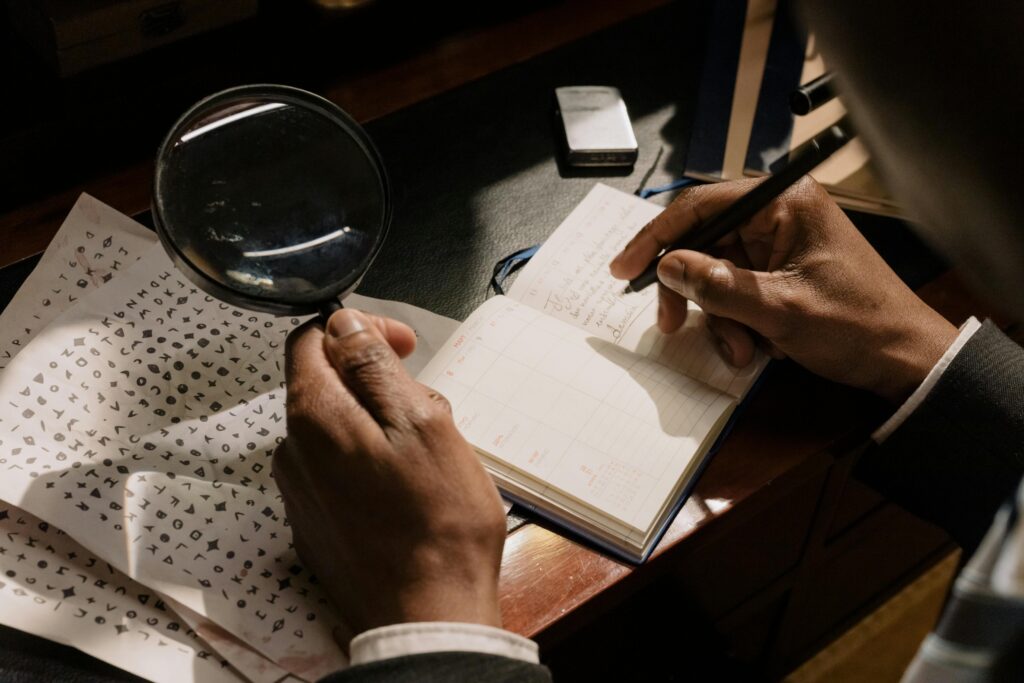Mephobia, the whimsical fear of becoming so awesome that it endangers humanity, exists not in dusty medical journals, but in the realm of memes and playful self-deprecation. While not recognized as a legitimate phobia by mainstream psychology, Mephobia offers a lighthearted lens through which to explore self-doubt, imposter syndrome, and the anxieties surrounding potential and achievement.
Mephobia Meaning:
The term Mephobia is a portmanteau of “me” and “phobia,” highlighting the fear’s focus on one’s own potential for overwhelming greatness. Those afflicted with Mephobia harbor anxiety about possessing untapped talents or abilities so potent that they could inadvertently doom humankind. Imagine discovering you’re a real-life Tony Stark, only instead of inventing repulsor rays, you accidentally trigger an energy singularity that swallows the Milky Way. Hilarious, right?
Mephobia Symptoms:
While not clinically classified, Mephobia symptoms might include:
- Intrusive thoughts about possessing hidden, world-ending abilities.
- Extreme anxiety surrounding situations that could showcase one’s potential, leading to avoidance behaviors like shunning public speaking or downplaying successes.
- Self-deprecating humor as a coping mechanism, constantly joking about one’s own mediocrity to ward off the fear of accidental world domination.
- Paralyzing indecision due to the fear of choosing the wrong path and unleashing chaos upon the world.
What are the Causes of Mephobia?
Mephobia’s causes are likely rooted in:
- Imposter syndrome: Feeling like a fraud despite external validation, believing one’s success is accidental and fearing exposure as an untalented impostor.
- Perfectionism: The crippling fear of not being good enough, leading to anxieties about exceeding expectations and causing unforeseen harm.
- Existential anxieties: Grappling with the vastness of human potential and the responsibility that comes with wielding great power.
Mephobia Treatment:
While Mephobia isn’t a clinical diagnosis, it could be a manifestation of deeper anxieties. If the “fear of being awesome” disrupts your daily life, seeking help from a therapist may be beneficial. Cognitive-behavioral therapy (CBT) and mindfulness techniques can help manage intrusive thoughts and anxieties surrounding one’s own potential.
Mephobia Pronunciation:
Mephobia is pronounced “muh-FOE-bee-uh,” with emphasis on the second syllable. Many people however try pronouncing it as Mee-FOE-bee-uh. Which is funny. but it is actually muh-FOE-bee-uh.
What is a person with Mephobia called?
A person with Mephobia could be called a Mephobic. However, as it’s not a recognized condition, terms like “self-deprecating” or “anxious overachiever” might be more fitting.
Other Types of Phobias:
While Mephobia may be humorous, its underlying themes touch upon real anxieties like imposter syndrome and achievement pressure. Here are some other, recognized phobias that deal with similar issues:
- Atychiphobia: Fear of failure.
- Autophobia: Fear of being alone.
- Peiraphobia: Fear of experimenting or taking risks.
- Telephobia: Fear of making mistakes or being wrong.
Conclusion: What is the Fear of Being so Awesome?
Mephobia may not be a clinical entity, but it serves as a playful reminder of the anxieties we face as we confront our own potential. It’s okay to be afraid of the responsibility that comes with great power, to worry about the impact of our choices, and to grapple with the uncertainty of our potential. Humor can be a powerful tool to navigate these anxieties, and acknowledging our inner Mephobe might just be the first step towards embracing our awesome, world-saving (or at least world-not-ending) potential.

Other Resources:
- Fear and Anxiety Disorders Association of America
- National Institute of Mental Health
- How to Deal with Confrontation Anxiety
- 10 Tips on How to Overcome Your Fear of Rejection
- What is Peniaphobia?
- What is Brontophobia?
Disclaimer: Please note that this article is not intended to replace professional medical advice. If you are experiencing significant anxiety or other mental health concerns, please seek help from a qualified professional.





